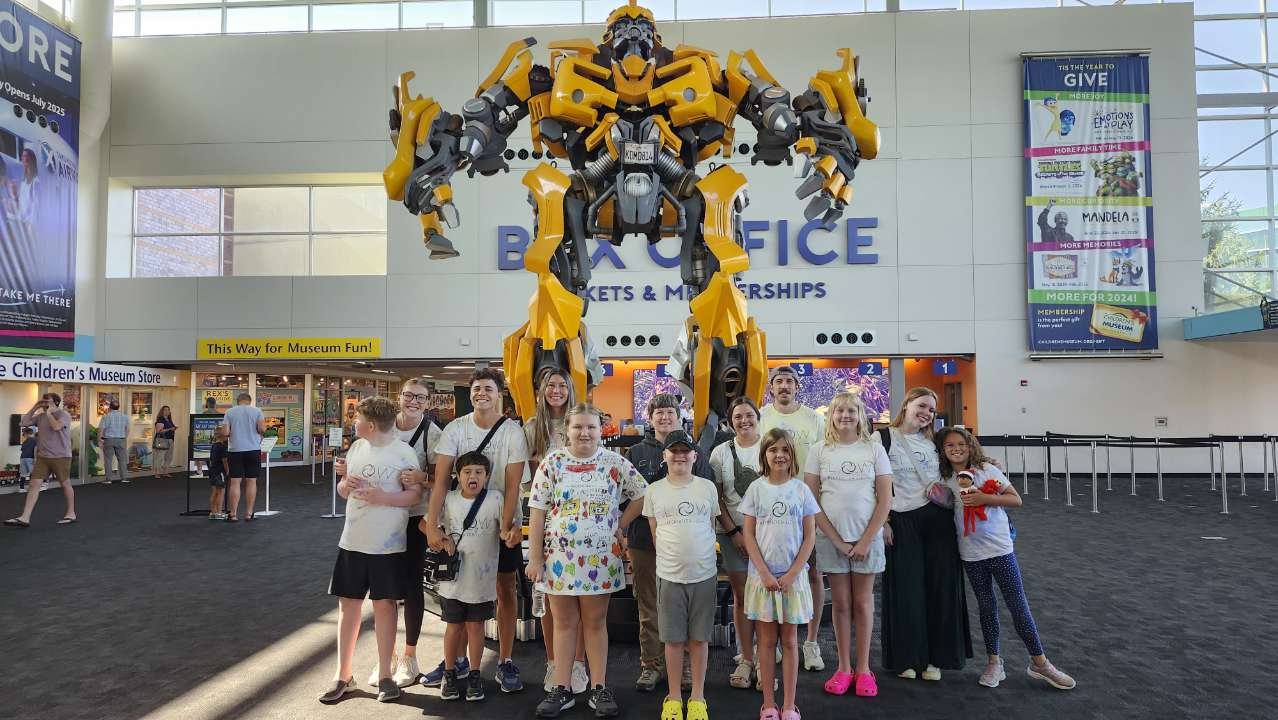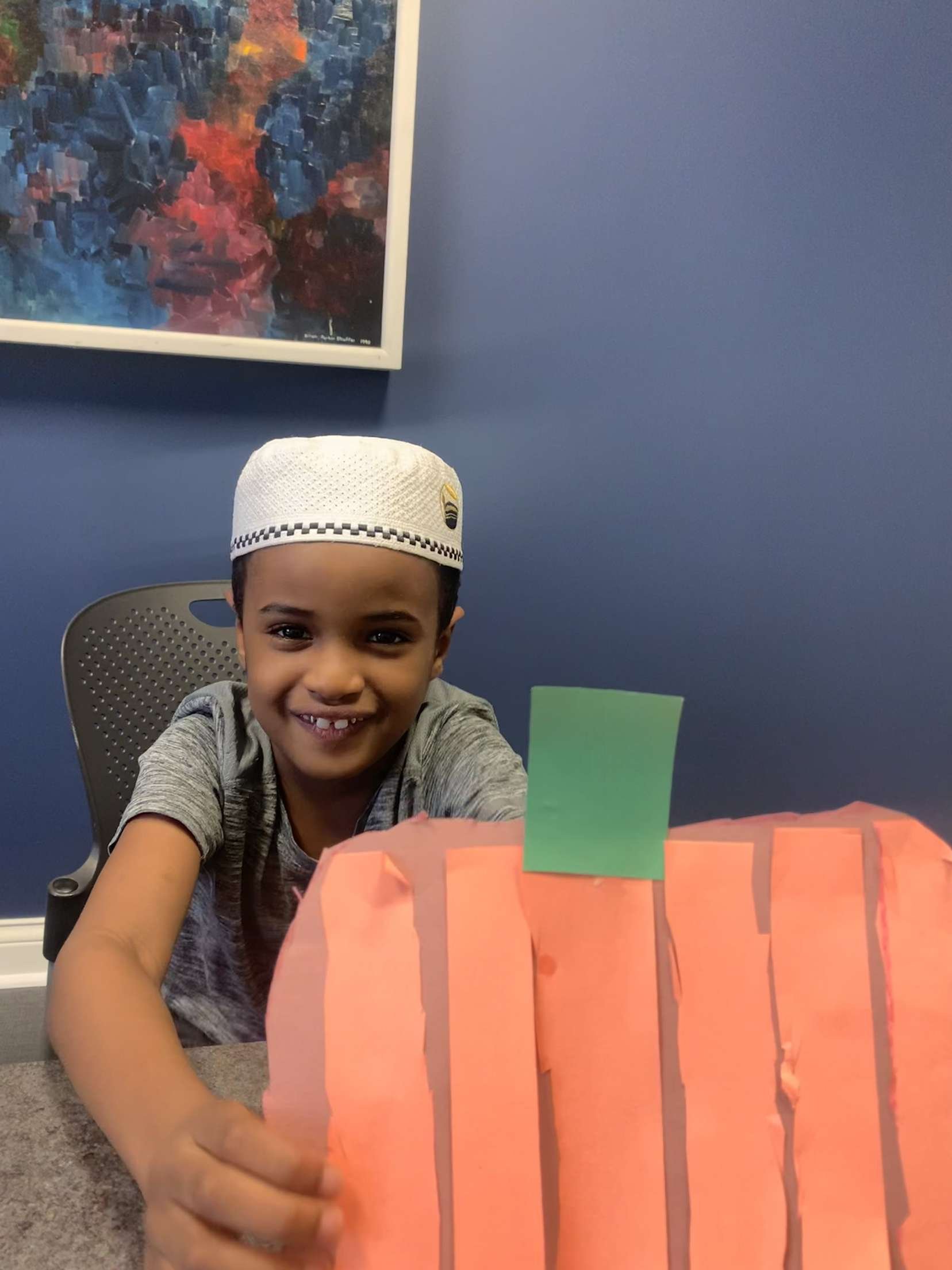
Recreational Therapy
What makes F.L.O.W. Recreational Therapy/Therapeutic Recreation (RT/TR) different?
RT/RT embraces a definition of "health" that includes not only the absence of "illness" but extends to the enhancement of physical, cognitive, emotional, social, and leisure development so individuals may participate fully and independently in chosen life pursuits. Our team works collaboratively with client families, community groups, and other health professionals to ensure our care is of the highest quality.




Modalities
Use of recreational techniques in personalized treatment plans and specifically designed intervention strategies.
Interests
Incorporating the client's interests, and the client's family and/or community through the therapy process makes it meaningful and relevant.
Personalization
Individualized to each person's past, present, and future interests and lifestyle.
Well-Being
Weaving the concept of healthy living into treatments to ensure improved functioning, enhance independence, and successful involvement in all aspects of life.
Our approach to care
F.L.O.W. recreational therapists utilize a wide range of activities and community-based interventions and techniques to improve the physical, cognitive, emotional, social, and leisure needs of their clients. Our team assists clients in developing skills, knowledge, and behaviors for daily living and community involvement. Each therapist works with the client and their family to incorporate specific interests and community resources into therapy to achieve optimal outcomes that transfer to their real-life situation.
-

Fitness
Therapists at F.L.O.W. will conduct a training regimen that is safe and productive for the clients. We believe exercise and being active are essential to well-being. Fitness can come in many different forms and settings that anyone can benefit from. Clients will be able to use certain fitness facilities in the community, participate in sports, engage in individualized skills training, and fine motor activities, go hiking, swim, kayak, or do anything that the clients enjoy.
-

Leisure
Leisure time allows clients to step back — physically but most important, mentally — from stress. Leisure activities are individualized to each person's past, present, and future interests and lifestyle. This can be self-directed leisure pursuits or activities such as games, cards, arts/crafts, reading, drawing, etc.
-

Outings
Outings utilize community integration to explore Fort Wayne and its surrounding areas. Outings can be 1:1 therapist/client time or time as a group with other members During these outings we look at appropriate social interaction, manners, and life skills that may be improved upon. Each client is able to voice their interest in social activities they or would like to attend. Examples include: going out to eat, laser tag, sky zone, concerts, plays, sporting events, movies, malls, and going to the grocery store.
-

Wellness
Clients will work with their recreational therapist and the F.L.O.W team to achieve an overall healthy lifestyle. Recreational therapy weaves the concept of healthy living into treatments to ensure improved functioning, enhance independence, and successful involvement in all aspects of life.
Client Outcomes
Our clients experience growth in many critical areas that help move them toward a more independent lifestyle. These areas of improvement include physical status, psychosocial status, cognitive status, and in general life, leisure, recreation, and community activities. See below for examples of what this growth can look like.
Physical Status
Increased strength, endurance, and coordination
Decreased pain and stiffness, improved fine/gross motor development
Reduced reliance upon medication and other health care services
Reduced secondary disability and associated higher healthcare costs
Reduction in complications related to secondary disability
Increased mobility, flexibility, ambulation, range of motion, and muscular strength
Improvement in perceptual-motor skill, balance, agility, and athletic skill
Improvement in cardiovascular and respiratory functioning
Psychosocial Status
Increased self-efficacy, self-confidence, and acceptance of disability
Increased communication (conversation, assertion, cooperation), trust, and cooperation skills
Increased skills at relaxing and managing stressors, anxiety, and boredom
Decreased social isolation and increased affiliation with others
Decreased levels of depression
Enhanced feelings of well being
Improved morale and life satisfaction
Improved body image
Activities
Improvement in community functioning and barrier management
Establishment of new life activities for continued growth
Improved ability to cope with substance-related stressors
Improved decision-making skills enhanced sober lifestyle and identity
Enhanced functional independence for community living
Improved ability to structure time
Increased quality of discretionary time use
Cognitive Status
Enhanced attention, memory, and perception
Improved organizational skills
Increased decision-making and problem-solving skills
Enhanced behavior management strategies
Increased alertness and awareness of surroundings
Reduced confusion and disorientation




